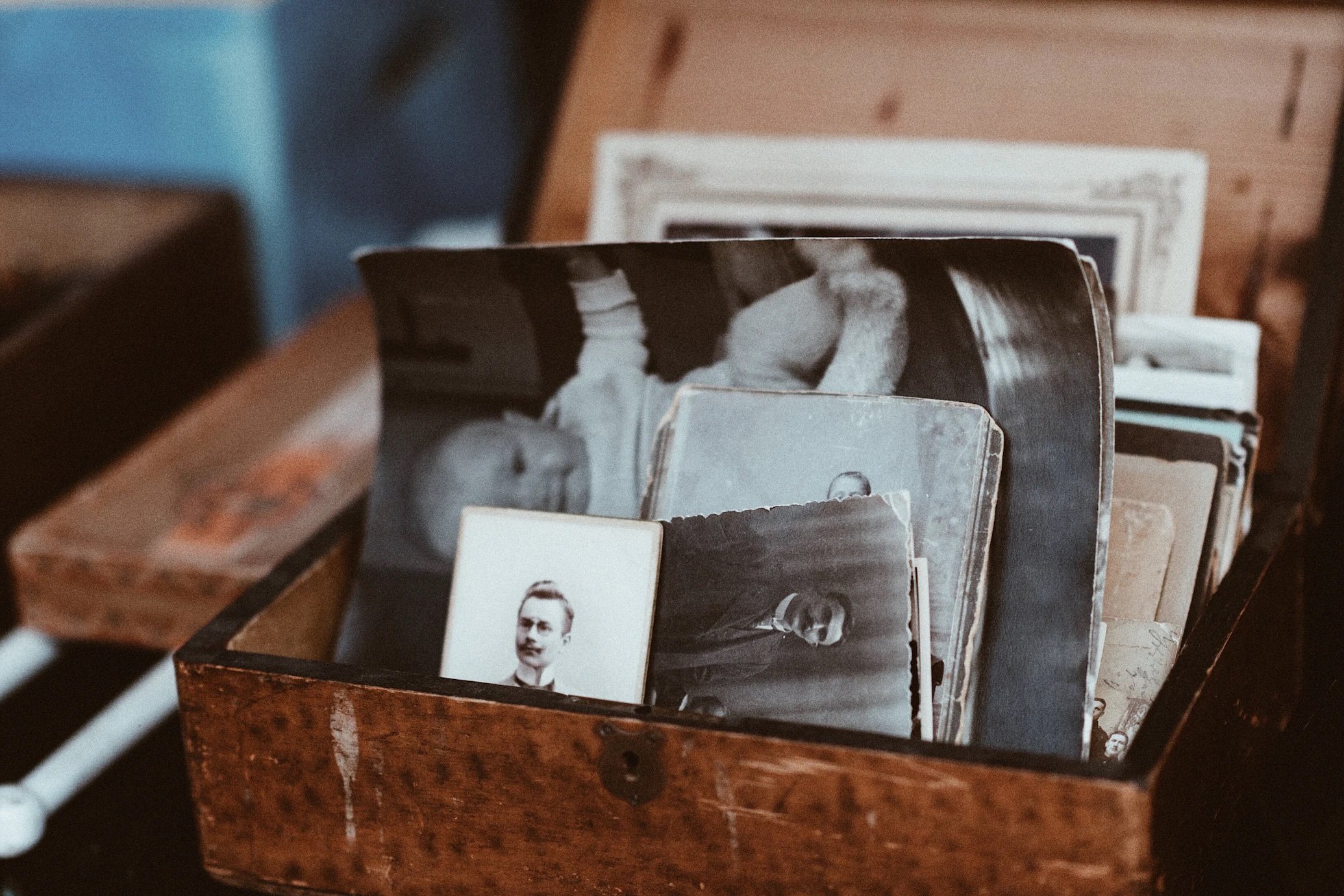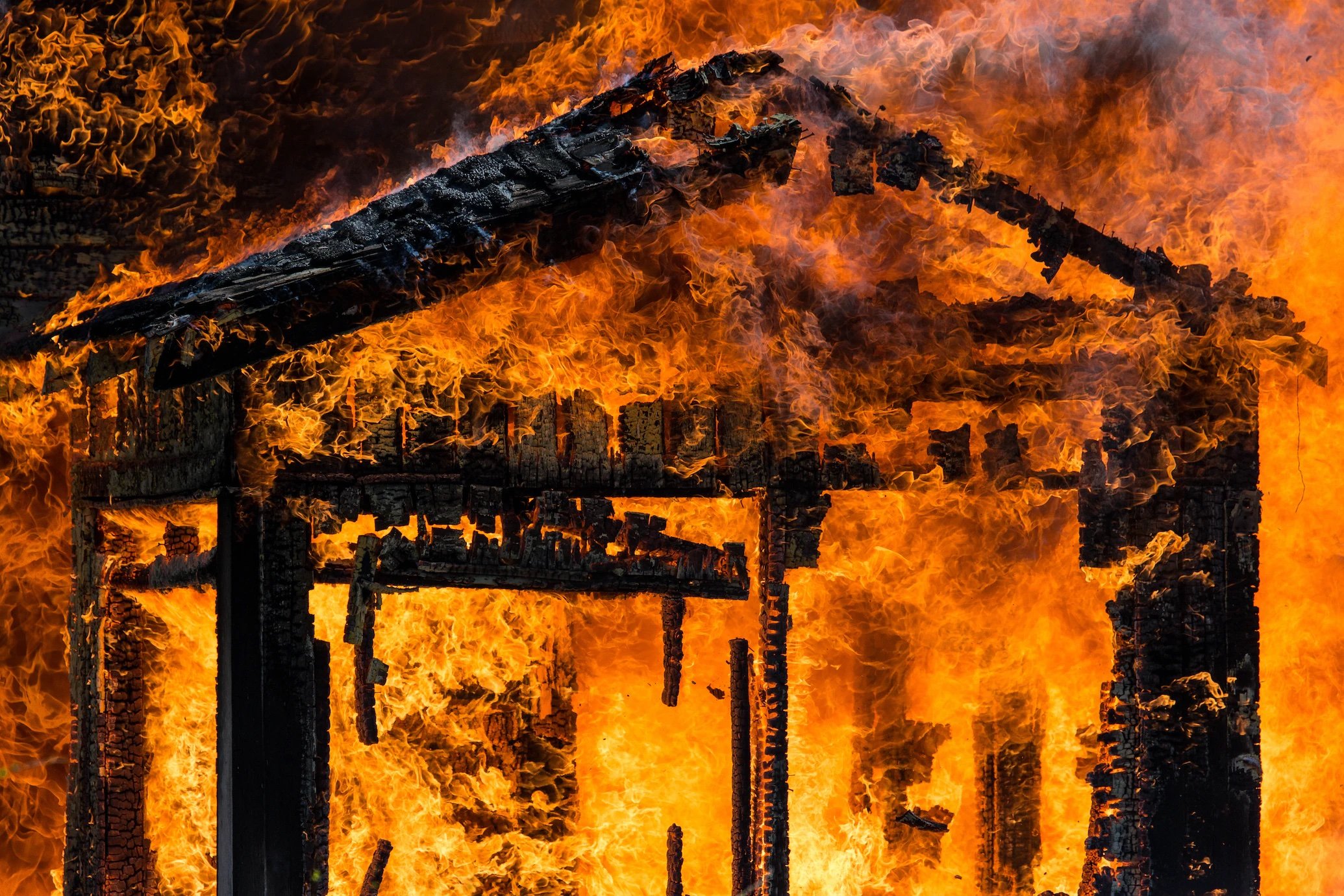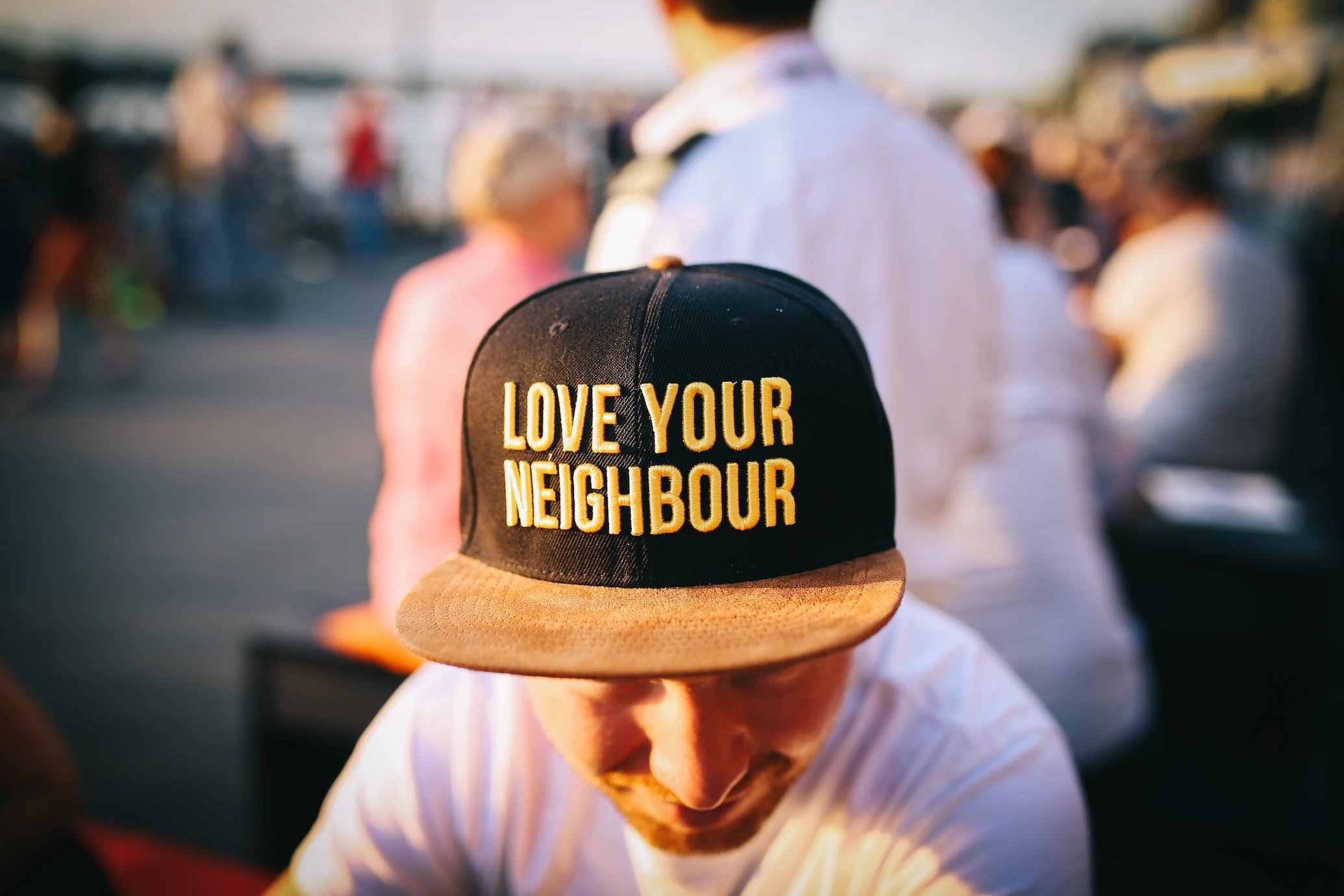There’s no place like home
Some people describe themselves as home bodies or homemakers. They usually like be at home a lot and feel strongly identified with their home. I find this really interesting because not everyone feels like that. I wonder what the opposite is and what we might call it? Perhaps the opposite of a homebody is someone who likes to travel or has a strong desire for change. What might they identify with more strongly than home? How attached to home are you and has it changed since the Covid pandemic?
Photo credit allison christine
What is home to you? Is it a space or a feeling? When Dorothy clicked her red shoes together and said ‘there’s no place like home’ I wonder what she was thinking of? Was it her family or her room or special places on the farm? Perhaps it was the animals? Or memories? Or maybe it was a mix up of all of it.
Whatever your individual thoughts about this; there is a need for home and community at a practical and emotional level for all of us. When we see the destruction caused by war, bushfires, earthquakes, volcanoes and tsunamis it deeply upsets us. The other day I watched news of flooding and displaced people. I can’t imagine how horrible it must be to have dirty water and sewage water swilling around your house ruining all of your possessions. It’s no wonder people are moved to tears.
Humans form all kinds of emotional attachment and as well as forming attachments to each other we also form emotional attachments to our homes, our communities and countries. Research has shown that we are often as upset by the collective destruction in a disaster as we are by our own personal losses. We are connected to each other in families and neighbourhoods and it’s reassuring to watch communities come together to rebuild after a disaster. People are hard wired to care about the collective connection and not just their own property. We need each other to make our lives work well.
Attachment
We form an emotional attachment to our homes, communities and countries, and are often as upset by the collective destruction in a disaster as by our own personal losses.
Our need for security and a secure home space is related to both personally held values and our personality type. And for some personalities it's a lot more important than for others.
Home is more than colour schemes and décor styles. It’s a place of connection, shared memories and personal milestones. It’s the place we relax and let go of stresses. It’s the place where we go to express ourselves and be ourselves. And if we have a strong personality trait of sensitivity we can become very attached to place and possessions.
what would you
reach for in a crisis?
Photos? Keepsakes? Art? Jewellery? Letters?
What are you attached to in your life that you keep at home? What would you reach for in a crisis? What would you think about once you knew that your family and pets were safe? For example if your house was on fire? Sometimes we think about monetary value, but more often its items we feel sentimental about that we don’t want to lose. Photos, letters, jewellery, keepsakes are the things people miss the most.
Most of us have a to do list of what we would improve and change at home, when we have the time or money but for a moment I ask you to pause that list. Instead think about what you most like and appreciate about your home. It might be the large kitchen where you come together as a family, or the aspect of the garden or maybe the comfy couch you sink into on a Friday night with a glass of wine.
Photo credit Nina Strehl
I love the quicky cosiness of mine. It’s an old cottage with thick walls, nooks and crannies, A log burner and views of countryside. It’s not perfect by any means, but it’s mine and I love it. There’s no place like home.
Love and light
Michelle x




